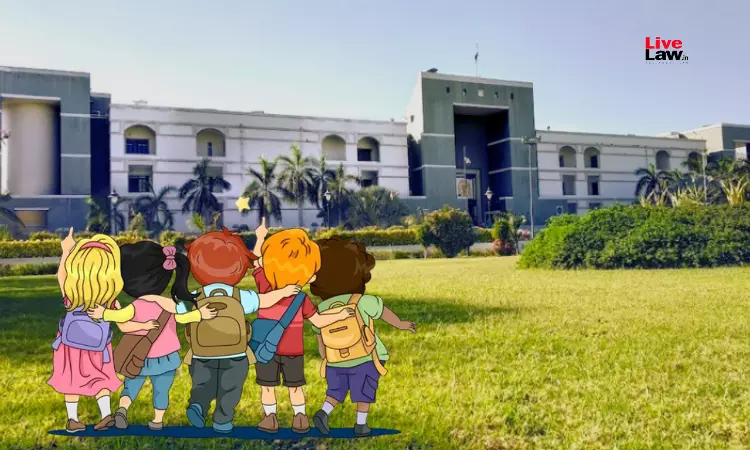Parents Forcing Children Aged Below 3 Yrs To Attend Pre-School Are Committing 'Illegal Act': Gujarat High Court
Bhavya Singh
5 Sept 2023 10:45 AM IST

Next Story
5 Sept 2023 10:45 AM IST
The Gujarat High Court last month dismissed multiple petitions challenging the State government's decision to implement a minimum age limit of six years for admission to Class 1 from the current academic year.While doing so, a division bench comprising Chief Justice Sunita Agarwal and Justice NV Anjaria further added that forcing children to go to a pre-school below the age of 3 years is...
